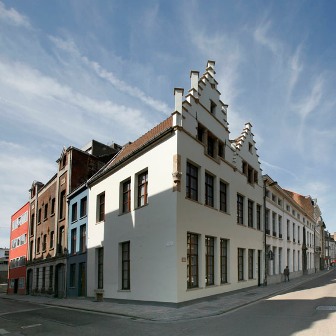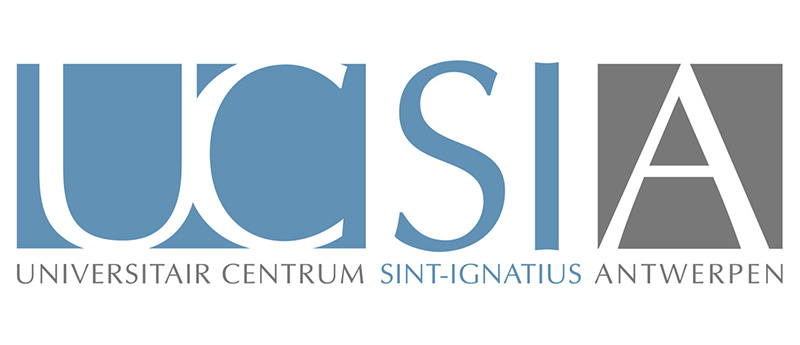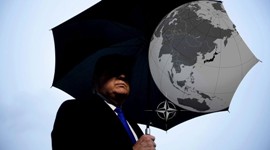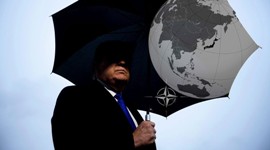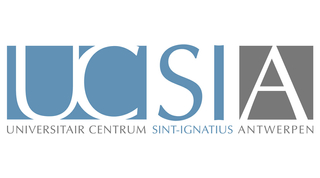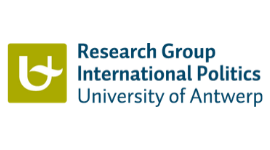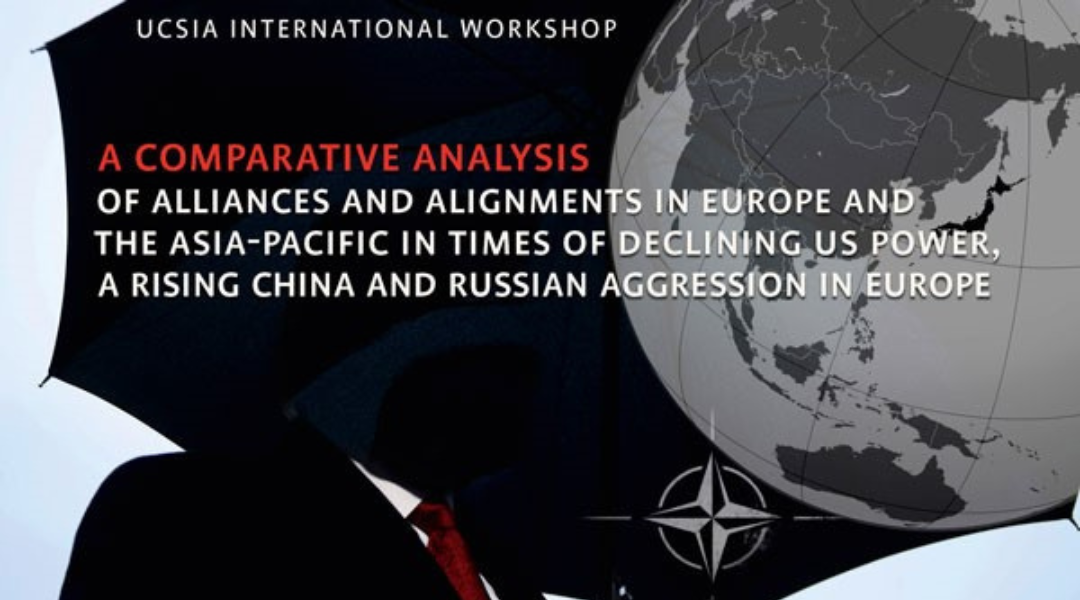
A Comparative Analysis of Alliances and Alignments in Europe and the Asia-Pacific
in Times of Declining US Power, A Rising China and Russian Aggression in Europe
International Academic Workshop
14-16 December 2022
The post-Cold War international order has led to three challenges for the West. The first challenge was the ending of the Cold War, which had served as the fundamental rationale of the US-centred alliance systems in both Europe and Asia. The disappearance of the common threat and the resulting “Pax-Americana” moment in the post-Cold War period led to partial rearrangements of the US-led alliance systems, but not fundamental changes to the systems per se. Throughout the 1990s and until the mid-2000s European states made minimal efforts to diversify their security dependence on the US, either by developing an European-only security alliance or by enhancing bilateral alternatives. In Asia, the uncertain prospects associated with a rising China and the related absence of a multilateral regional security alliance have kept the utility of the US-centred alliances high in the post-Cold War period.
The second challenge was that while the fear of US disengagement in the post-Cold War era was initially about its political willingness, the relative decline of the US has gradually turned the question into that of capability. Notwithstanding the significant increase in the US defence budget, Donald Trump’s “America first” policy elevated the European and Asian doubts about the credibility of the US alliance commitments. The Biden administration has made efforts at reassuring its allies and friends of America’s continuing security engagement in both regions. However, the Russian invasion of Ukraine in February 2022 at a time of China’s increasing assertiveness in the Asia-Indo-Pacific maritime theatre, hence the challenges this poses to the rules-based international order, have once again reinforced regional anxieties about US disengagement.
The third challenge is that for the first time since very long, a war in which one of the great (nuclear) powers is involved takes place on European territory. The ongoing war in Ukraine is directly related to the security order that was created after the end of the Cold War: the expansion of NATO (despite the dissolution of the Warsaw Pact) and the (perceived) exclusion of Russia in this regard. Although the immediate consequence of the war will be a strengthening of NATO (and possibly its extension with the admission of Finland and Sweden), a stable European security order will require a satisfactory answer to the Russian demands. In Asia, both China and its neighbours, including Australia, Japan, South Korea, and especially Taiwan, are closely watching how the war in Europe unfolds, especially the attitude and behaviour of the US. While regional reactions to the war have been much more muted in Asia than in Europe, the impact of the war is already visible in the Asian theatre, especially on the part of US treaty allies. This is observed, for example, in the resuscitation of domestic debates on the utility of nuclear weapons possession in countries such as Japan and South Korea, as well as Australia’s growing strategic outreach to Japan and focus on AUKUS. At the same time, Russia remains one of the largest sources of weapons for some players, notably Vietnam and India, even though both countries are simultaneously strengthening their security ties with Washington. For its part, Moscow continues to rely on the support of Beijing. All this adds to regional uncertainties about stability in the Asia-Pacific where the division between “friends and foes” remain less clear-cut than in Europe, contributing to a more fluid security order.
This is an opportune moment to comparatively examine the two regions’ responses to the perceived decline in US alliance credibility amid the rising Russian and Chinese threats.
Research Questions
How have the changes in America’s willingness and ability to maintain its security commitments as a result of its relative decline influenced the US-led alliance systems in Europe (assessed against the perceived Russia threat) and the Asia-Pacific (assessed against the perceived China threat)? What accounts for the similarities and differences between the alliance and alignment dynamics in the two regions? Based on the current trends in alliance transformation, what are the future prospects for these US-led alliances?
Timeline
The starting point of the analysis is the early to mid-2000s, as the change of power relationships in both regions has become more visible since that time. A special attention will be given to the impact of the Ukraine war. The project will also outline both short-term (5 years) and mid- to long-term (15-25 years) future trends.
The workshop is organised around the following subthemes
- The regional level in Europe
- EU’s defence integration, especially after Brexit (PESCO)
- NATO’s evolution in the context of the Ukraine war
- Bilateral alignments between European states that are both EU and NATO members: for example, France-UK, France-Germany; Visegrad countries
- A new potential collective security organisation in Europe that includes Russia (in the form of a strengthened OSCE or a fundamentally transformed NATO)
- The regional level in the Asia-Pacific region
- Bilateral alignments between US allies: Japan-the Philippines, Japan-Australia
- “Minilaterals” derived from the US-led alliances: Japan-Korea-US, Japan-Australia-US, US-Japan-India, the QUAD (India-US-Japan-Australia)
- Alignments between US allies and non-US allies: Japan-Vietnam, Japan-India
- The inter-regional Europe-Asia level
- Alignments between US allies in Asia and the EU: Japan-EU, ROK-EU, Australia-EU
- Alignments between US allies in Asia and Europe: Japan-UK, Japan-France, Japan-Germany
- Alignments between the US and its Asian and European allies: AUKUS
- Alignments between US strategic competitors: Russia-China
Expected results and impact of the workshop
This comparative study has both theoretical and policy significance. Theoretically, the study directly addresses the question of hedging vs. abandoning by exploring why states want to keep the existing alliance with the US or decide to abandon it in favour of another alliance or security arrangement. In terms of policy relevance, our comparative research findings seek to inform the EU and European governments of Asia’s responses, and the Asian governments of Europe’s and the EU’s responses.
The main contribution of the proposed project to the current scholarly debates on US-led alliances is its comprehensive and comparative aspect. Not only does the project provide an in-depth examination of the transformation of the American-led alliances, as well as of US allies’ responses to potential American disengagement from regional security, it also places this analysis within a comparative framework by bridging the dynamics in the European and Asian theatres. Notably, the project looks at the conditions under which the observed changes happen and elucidates the similarities/differences of the observed transformations in both regions. This comparative analysis thus allows for a more accurate projection of future trends in the evolution of alliance and alignment dynamics, in general.
The publication output will be an edited collection that will be part either of Routledge’s “Asia Pacific Region” series or of Peter Lang’s newest series “Asia Pacific Studies”.
Keynote Speakers
Renato DECASTRO
Tsuyoshi KAWASAKI
Mingjiang LI
Sten Rynning
Other events on the topic of security
Security Cooperation Europe & the United States
webinar
3 February 2021
Security Cooperation in the Asia-Pacific Region
webinar
3 June 2021
Alliance and Alignments in Times of Strategic Uncertainty
webinar
3 December 2021
The war in Ukraine
lecture
14 December 2022
The Broken Umbrella Shifting Security Architecture in Europe and the Asia-Pacific
academic workshop
14-16 December 2022
Organizers
Elena Atanassova-Cornelis, Research Group International Politics, University of Antwerp
Sven Biscop, Royal Institute for International Relations, Brussels & Ghent Institute for International Studies
Yoichiro Sato, College and Graduate School of Asia Pacific Studies, Ritsumeikan Asia Pacific University, Beppu
Tom Sauer, Research Group International Politics, University of Antwerp
Stijn Latré, Director of UCSIA
Coordinator & Contact
Barbara Segaert
Project Coordinator Europe & Solidarity, UCSIA
T | +32 (0) 3 265 49 60
In Cooperation With
UCSIA vzw
Universitair Centrum Sint-Ignatius Antwerpen
Research Group International Politics
focuses on international security, international diplomacy, and the political economy of international institutions
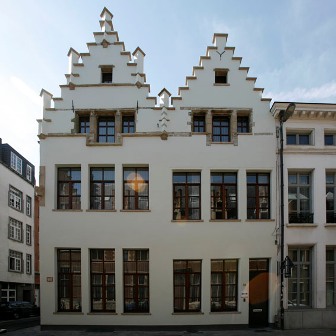
UCSIA
Koningstraat 2
B-2000 Antwerpen
info@ucsia.be
Tel. +32 (0)3 265 49 60
Voorlopige locatie tijdens de renovatiewerken:
Blindestraat 14, 2000 Antwerpen
